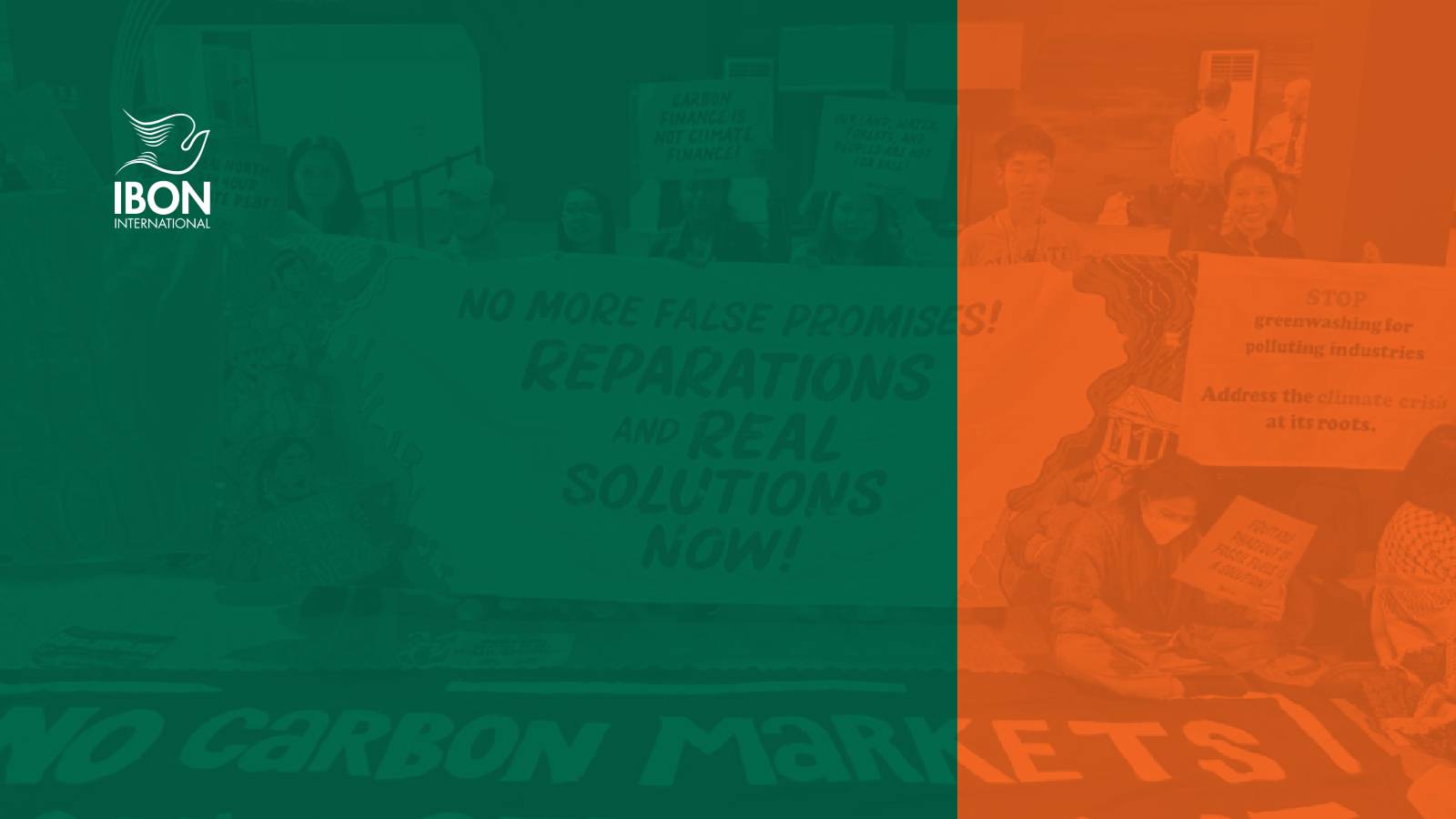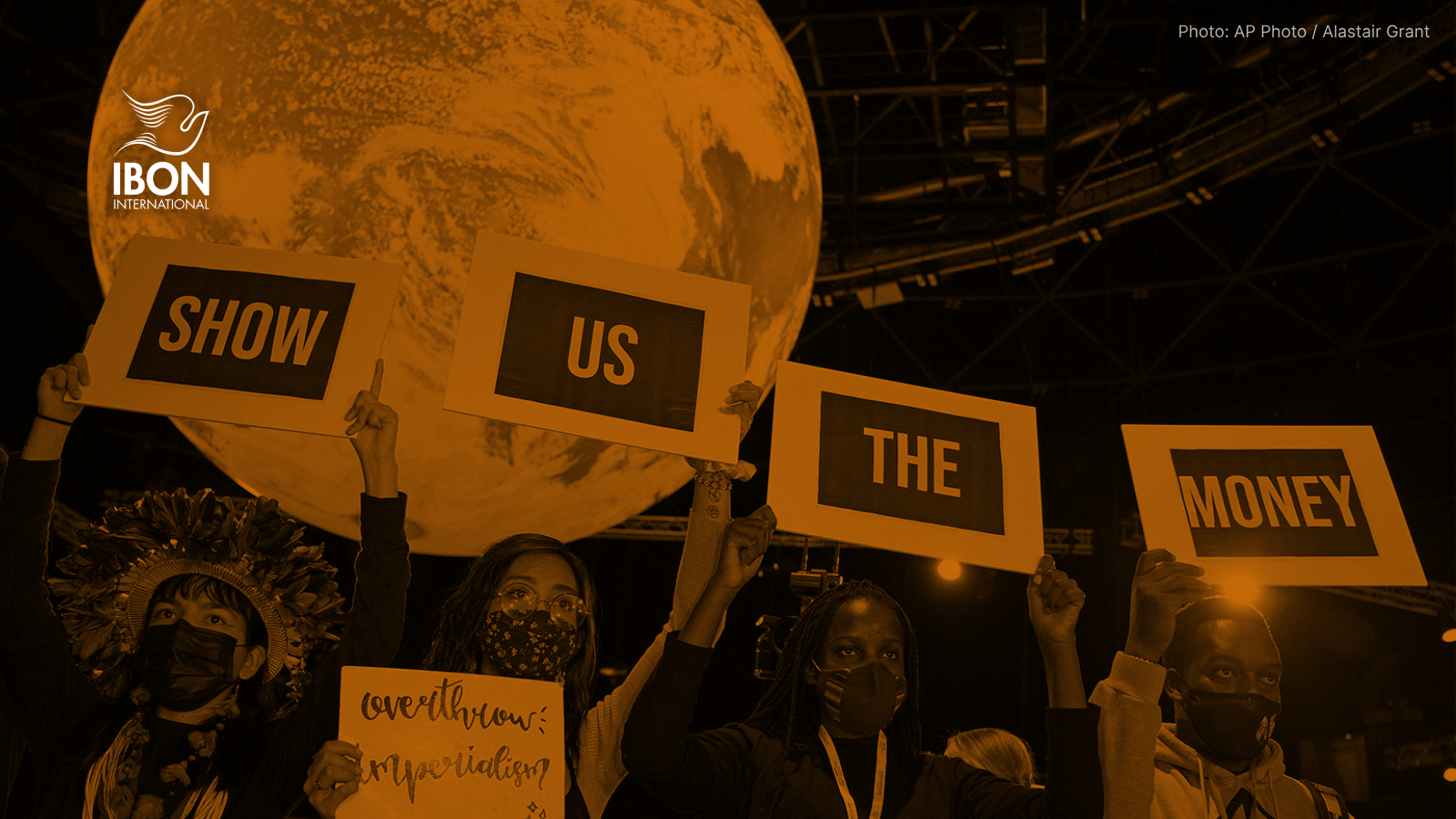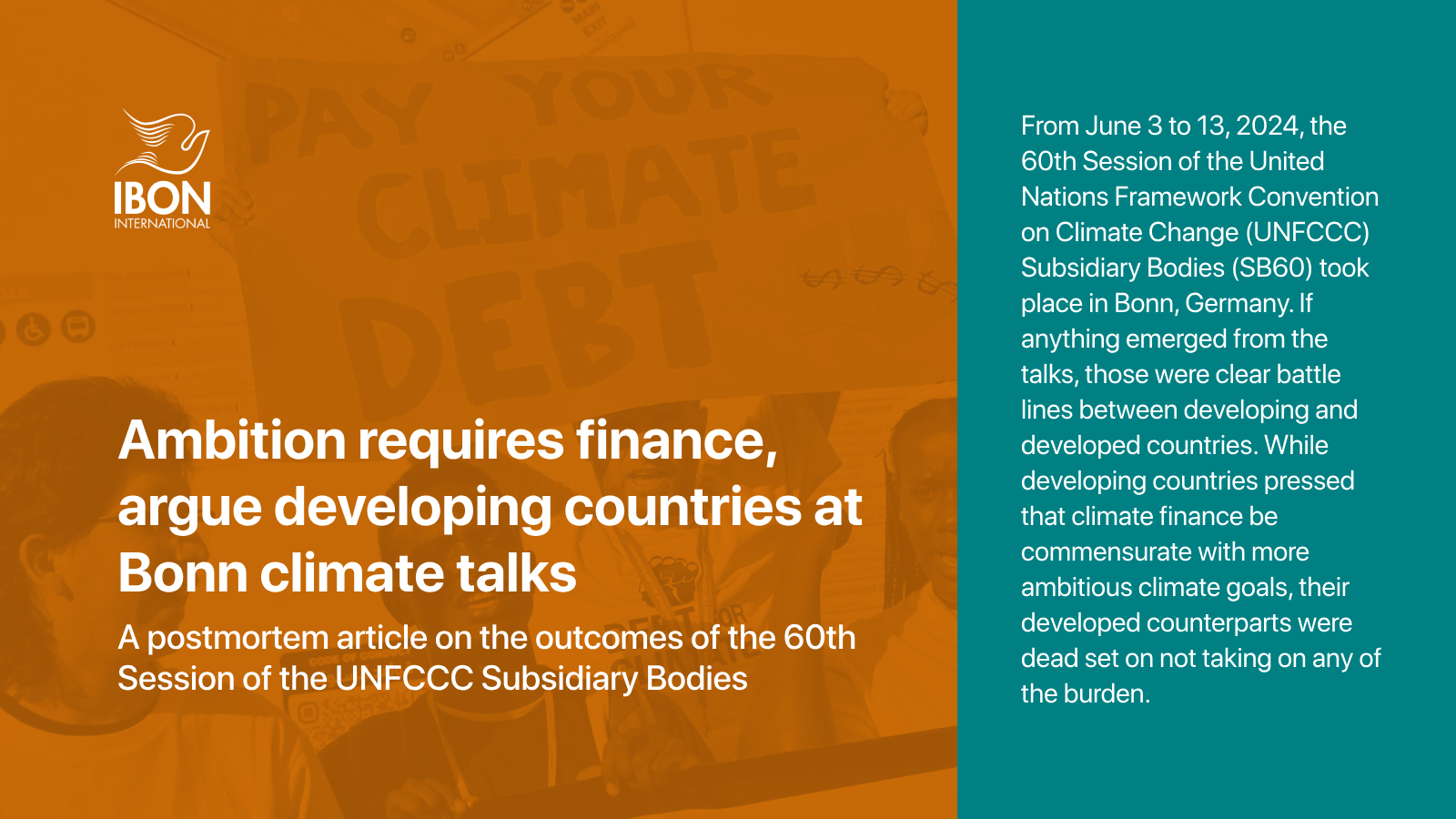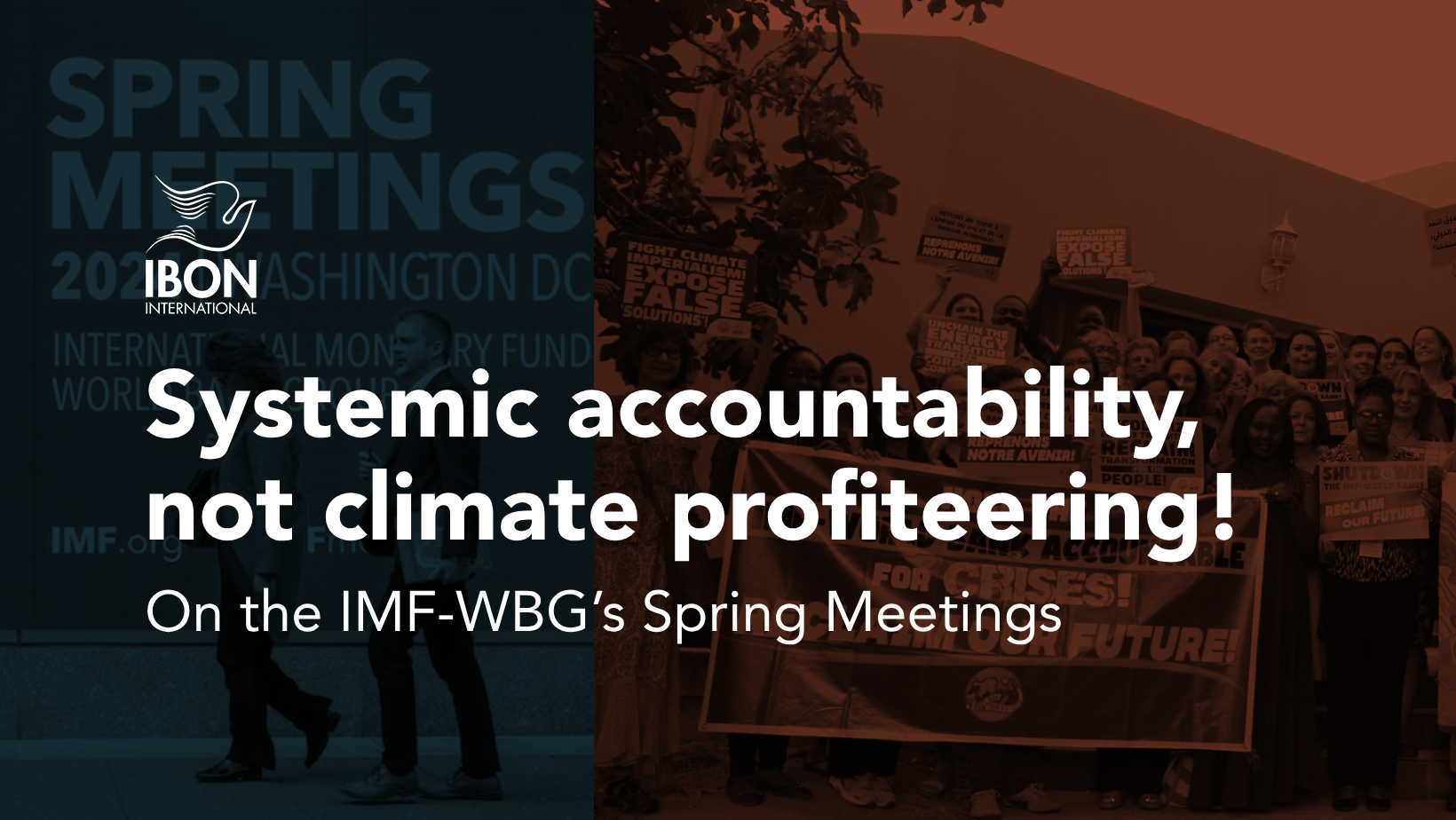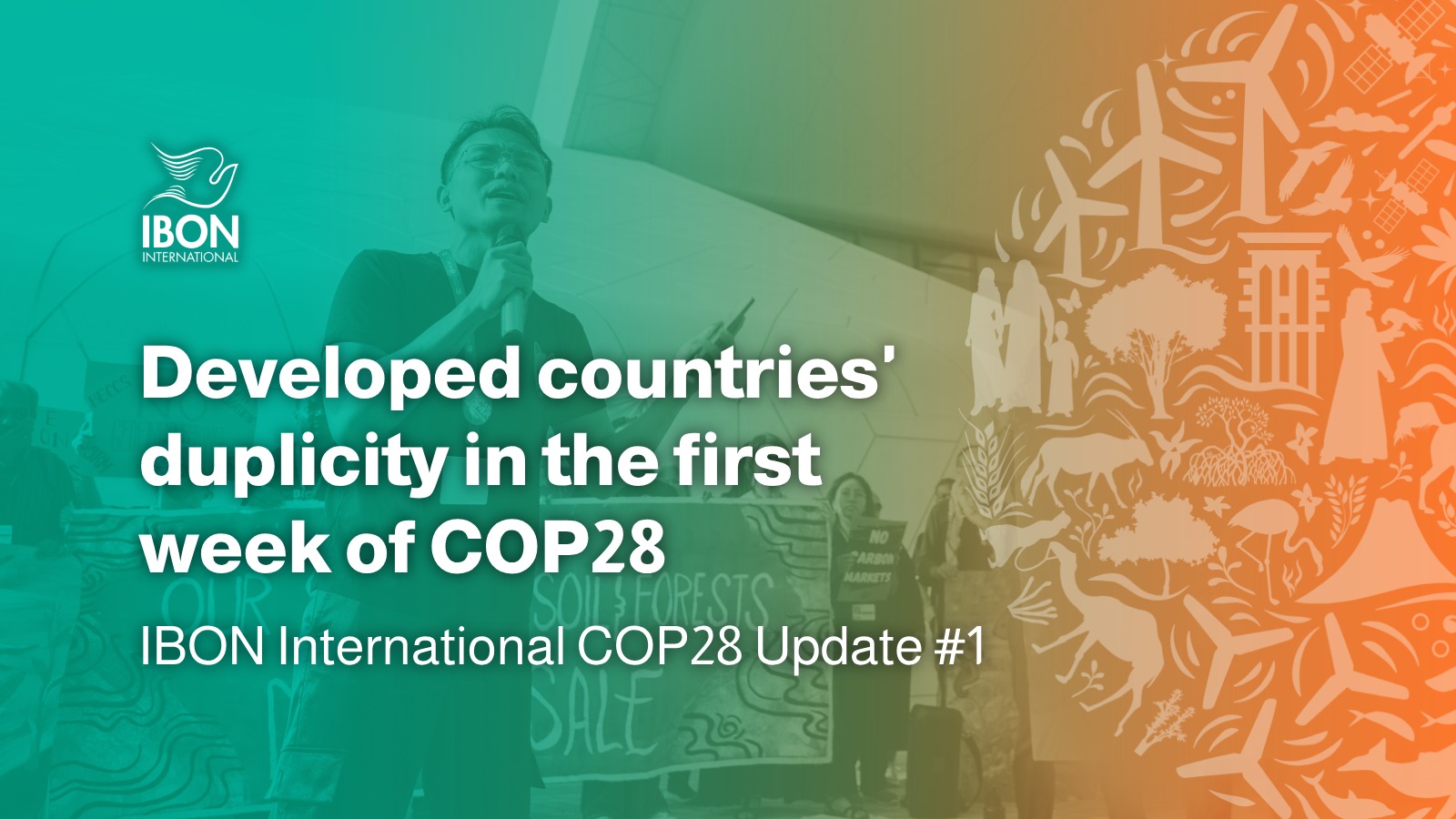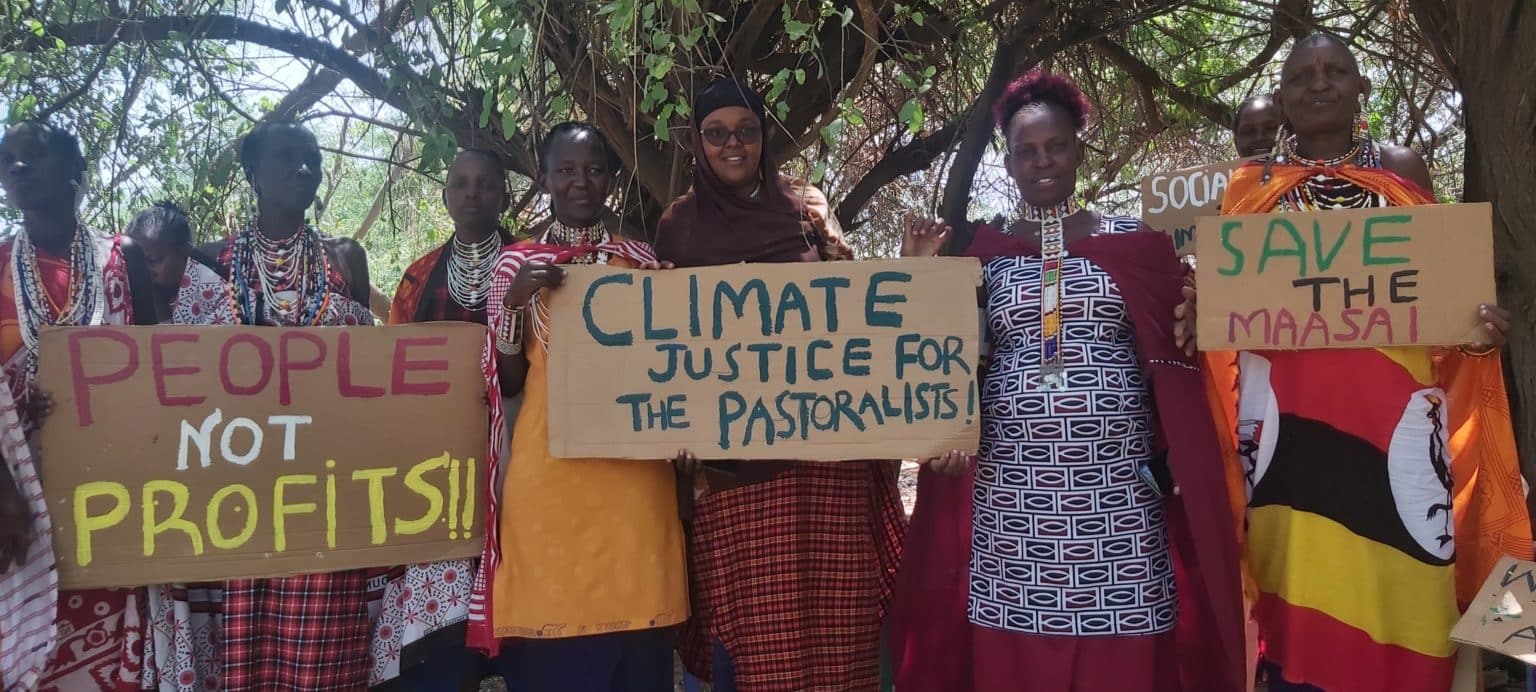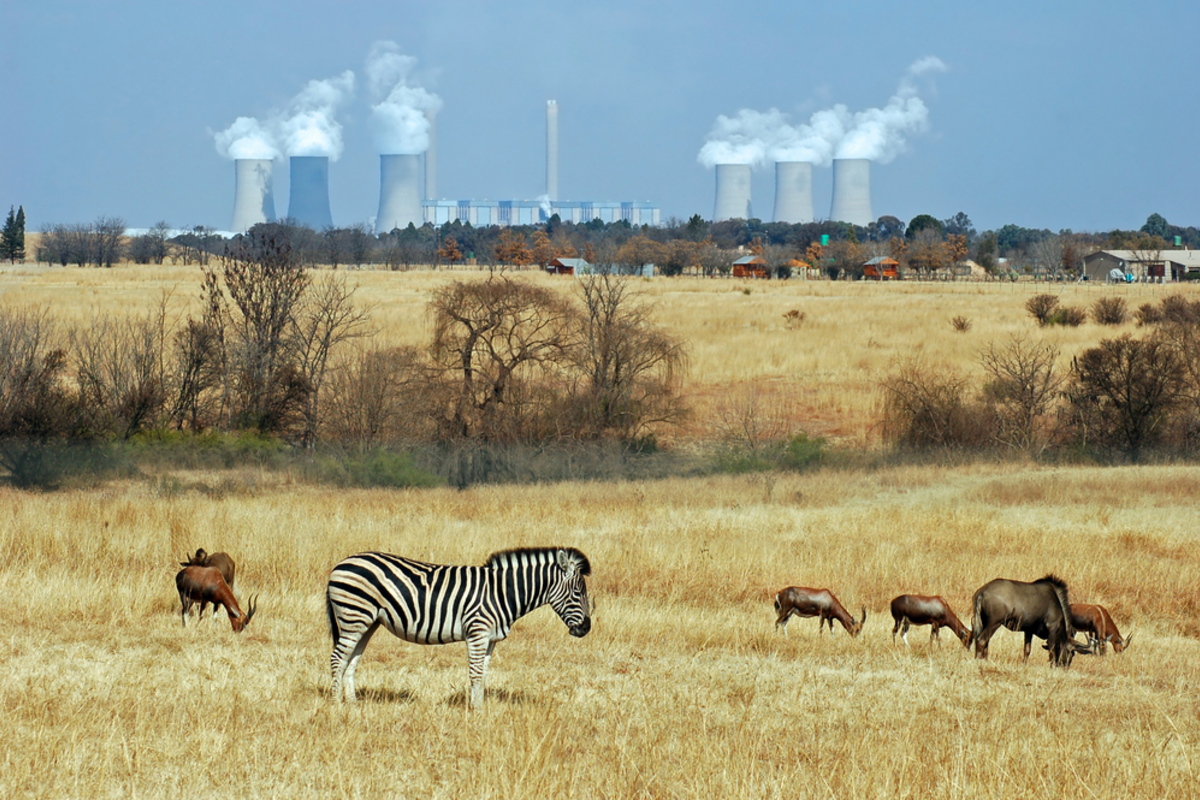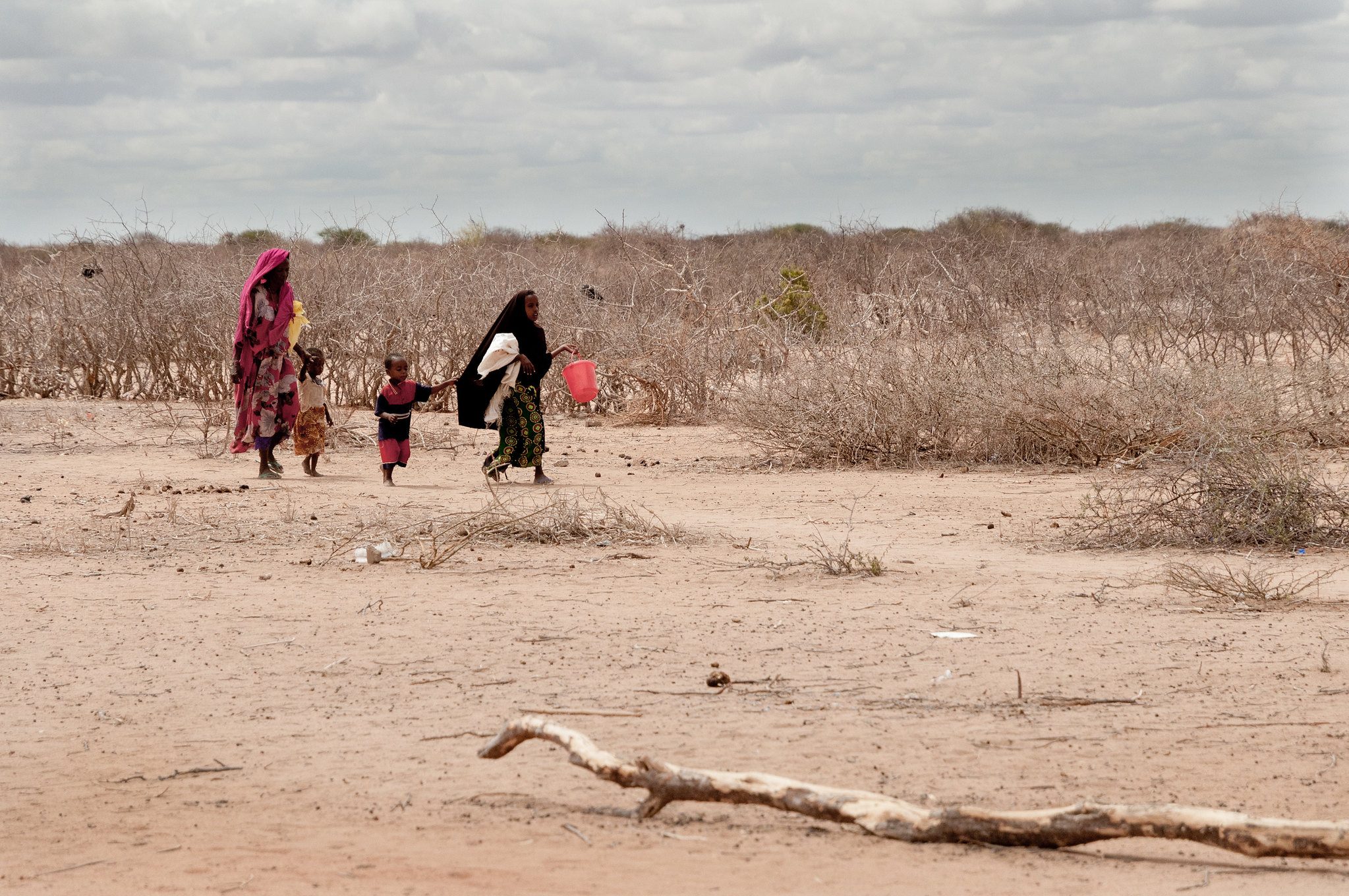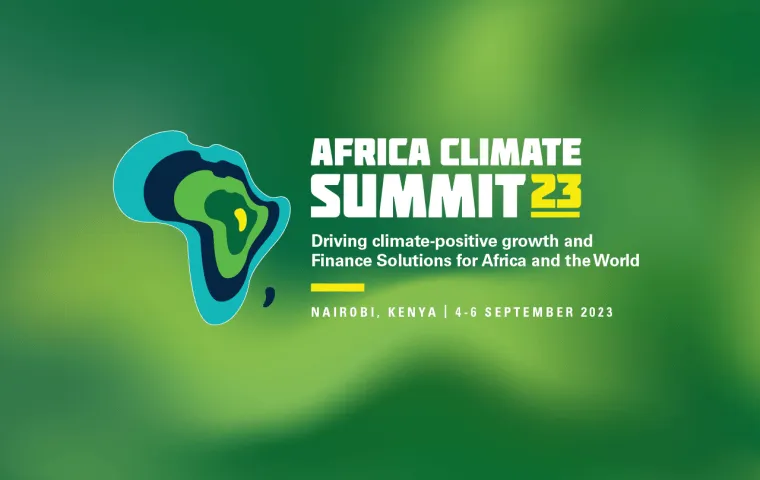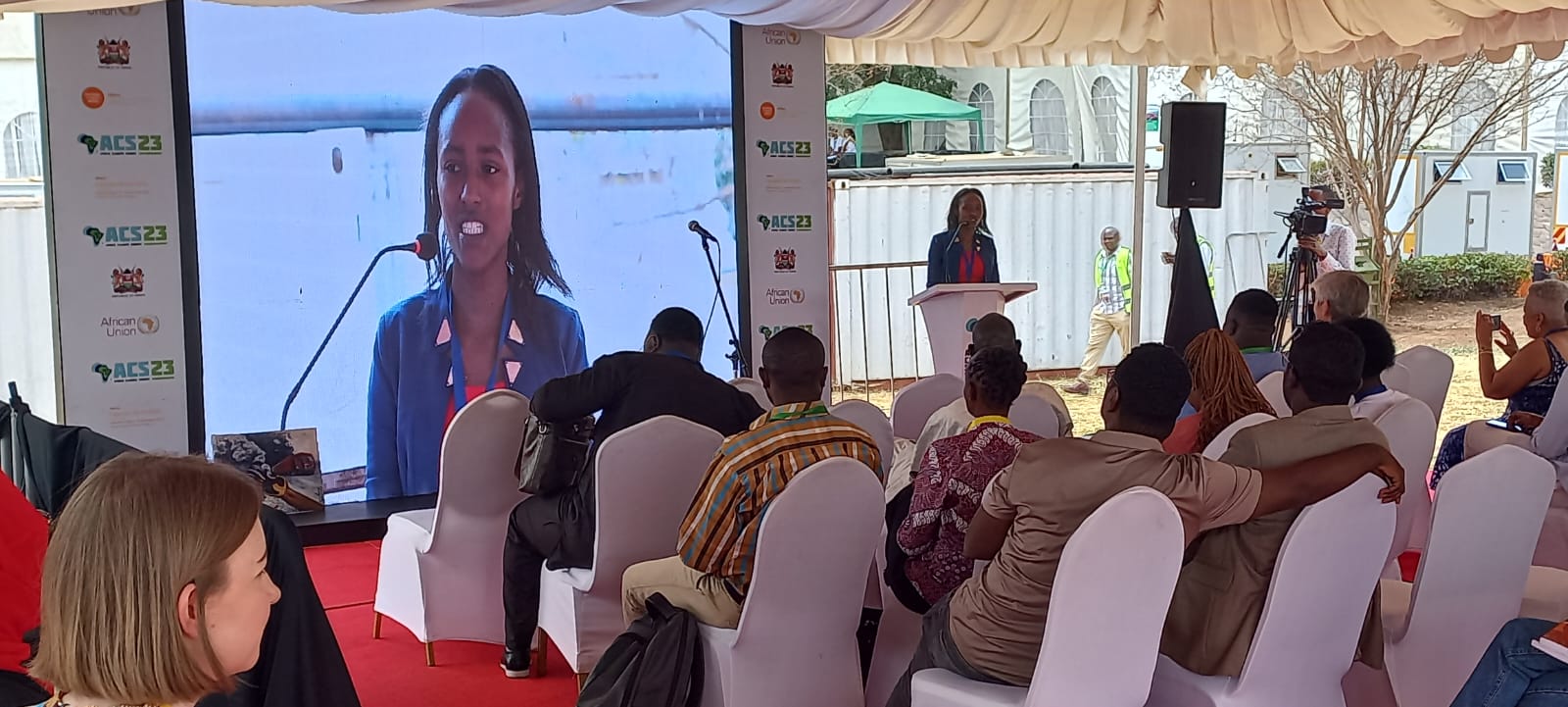COP29 opened in Baku, Azerbaijan, under the presidency of Mukhtar Babayev, Azerbaijan’s minister for ecology and natural resources. On the very first day, the COP presidency sought to push forward carbon market rules without extensive Party negotiations, sparking immediate controversy. Like his predecessor, Sultan Al Jaber—who presided over COP28 in Dubai—Babayev brings a background in the oil industry to his role, a point that has raised concerns among climate advocates about potential conflicts of interest in the climate agenda.
Many civil society organizations and climate justice movements, particularly women’s organizations and Indigenous Peoples, alongside Global South countries such as Bolivia and Tuvalu, have opposed carbon market mechanisms since COP27 in 2022. For these groups, carbon trading and offsetting schemes are false solutions that allow polluters to continue their practices without addressing the root causes of climate change.
At a COP29 side event focused on peoples-led, gender-just solutions, Ibon International and ESCR-Net members, such as Asia Pacific Forum on Women, Law and Development (APWLD) and Corporate Accountability International, echoed the statements from many other civil society and environmental organizations that swiftly condemned the carbon market mechanisms. This unprecedented decision-making process is not only perilous from a procedural standpoint. It also legitimizes unproven and risky technologies that will directly increase land and resource grabbing, criminalize environmental and land rights defenders, and exacerbate conflict over resources in the Global South.
Ana Celestial, from the Kalikasan People’s Network for the Environment, voiced the impact on communities:
“Approval of Article 6.4 carbon market rules at COP29 in Baku is a slap in the face to women and frontline communities. By bypassing proper scrutiny and debate, this decision perpetuates a false solution that essentially allows polluters to continue business as usual while jeopardizing our lives and livelihoods. We demand climate action that centers justice, not profit-driven schemes that deepen the crisis. Our futures are not for sale.”
The carbon market mechanisms will end up taking away peoples’ right to self-determination and sovereignty, particularly of Indigenous Peoples, over their territories in the name of tackling the global climate crisis and have dire implications for frontline communities around the world who have done nothing to cause this crisis. As Zubaidah from Beranda Perempuan (Indonesia) pointed out:
“Carbon market is not a solution to the climate crisis as it is an interest of corporations and global polluters. For years, the Carbon Market such as REDD+ has been impacting indigenous women which limits the use of forest, land, and ocean.”
John Samorai Leingosa, from the Ogiek Peoples’ Development Programme (Kenya) provided a real example of carbon offsetting schemes on communities:
“Ogiek peoples are relocated by the Kenyan government to profit from the carbon offsetting schemes backed by the wealthy countries. There is more than enough evidence put forward by the frontline communities, and COP29 shows no political will to save the planet but rather depriving Indigenous Peoples of their lands, territories, and resources just like what our community is experiencing.”
Meanwhile, Wanun Permpibul of Climate Watch (Thailand) pointed out that carbon market mechanisms are little more than a “greenwashing” tactic:
“The push for carbon market mechanisms manipulates the public regarding the practices, commitments, financial structures, and technologies supposedly accelerating decarbonization and climate commitments. Instead of phasing out fossil fuels, it gives polluters the green light to continue emitting while also providing a way for the Global North to evade their responsibility to reduce emissions and obligations to deliver climate finance to developing countries. We demand the Global North to meet their commitments by providing climate finance from public sources, not through market mechanisms.”
As frontline communities continue to demand genuine actions, the struggle over false solutions agendas could well determine whether COP29 advances climate justice or injustice. As Caroline Muturi, of IBON Africa, emphasized:
“Carbon trading and other false solutions like nature-based solutions are dangerous distractions as they divert the primary responsibility of climate mitigation to the frontline communities most affected by the climate crisis. Carbon trading undermines the principles of climate justice such as the right to development, the principle of equity and common but differentiated responsibilities and respective capacities.” #

